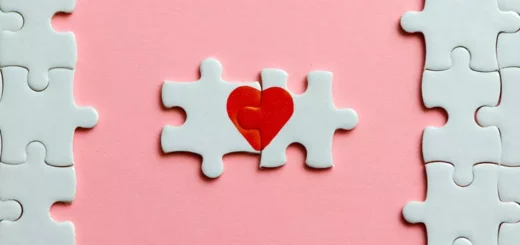Beyond Cliches: the Real Key to a Great Partnership
Communication is a key factor in a successful relationship, according to most people. It is a cliche that has some truth, but it misses its point. Many great communicators have bad relationships.
It is important to understand what couples are talking about, not just how they communicate.
Both parties must be able to communicate with honesty, listen emphatically, and accept each other for who they are, including their insecurities and flaws.
Understanding and appreciating each other’s experiences and perspectives is more important than always saying the right thing or never getting into an argument.
We must acknowledge at this point that not everyone has mastered vulnerability and empathy. Most people have a hard time expressing their vulnerability, and it’s perfectly fine.
We would not recommend a blanket vulnerability policy to everyone. We can’t share our most intimate secrets with everyone because some people may be able to see our vulnerability, and others will not care.
In the context of a deep connection, vulnerability is an important ingredient. It is important to begin with small vulnerabilities and gauge their response before going all-in.
Vulnerability isn’t just about showing our weaknesses and hurts – but also sharing our hopes and dreams.
Fear of rejection is one of the greatest obstacles to being vulnerable in a relationship that’s developing or has been committed. When we are afraid of being judged or ignored, it’s easy to hide our feelings and shut down. If you only share the superficial parts of your personality, you are not being yourself.
Many people mistakenly believe that being vulnerable is a sign of weakness. It takes courage and strength to express our vulnerability. Although it’s difficult to face our deepest secrets, sharing them with others and facing ourselves is essential for a healthy relationship. Who wants to be with someone who only shows you their polished and shiny version?
How can we practice listening with empathy and sharing our vulnerabilities?
Self-acceptance and awareness are the first steps. Reflect on your fears, insecurities, and desires. You can begin to discuss your feelings once you have a clear understanding of what is important to you. Do not be afraid to ask for help from a coach or therapist if that is what you need.
Use “I” statements to express your feelings and experiences instead of “you.” It helps you to take responsibility for what you are saying and avoids blame or defensiveness when talking about something with the other person. This allows you to have a more honest and open conversation.
Active listening is another important skill. When someone opens up to you, instead of waiting to speak, try to understand their perspective. By asking them questions and rephrasing what they have said, you can demonstrate that you are really listening.
Next time you wonder about how to create a deeper relationship with your partner or potential partner, remember that communicating is not sufficient. It’s important to be honest about yourself and your feelings, even if it is uncomfortable.
It’s important to give your partner space when they open up and recognize the power of that moment. Sharing our truth can be uncomfortable, but it is the only way to bring people together. You won’t have to guess what someone is thinking – they’ll tell you.



